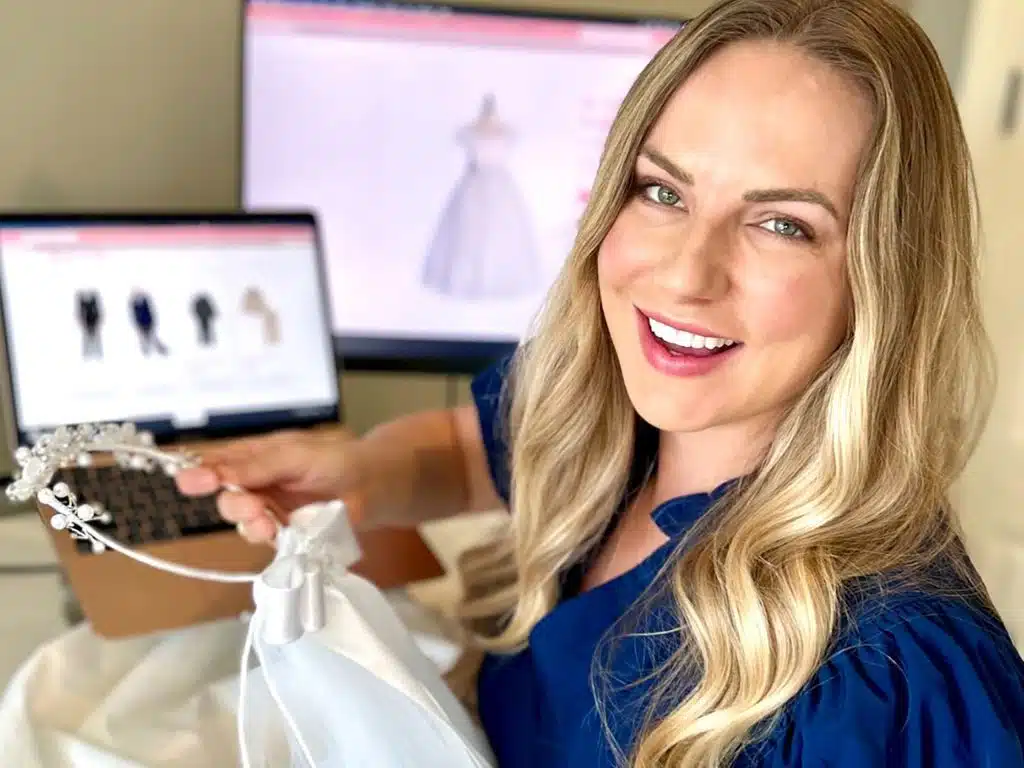Captain’s log: Day 53 of the 2020 spring COVID-19 quarantine. Forty-two states still have active stay-at-home orders. The run on cleaning supplies and toilet tissue continues. Schools are teaching through e-learning; youth ministries are conducting their outreach via Zoom, Instagram Live and Facebook Live; and families and friends are keeping up on their relationships by way of various apps. Social media for the win.
Shortly after Virginia’s stay-at-home order was enacted, I received a few phone calls and emails from concerned parents and directors of religious education. Many of their concerns revolved around predators gaining access to our youths and questionable apps. And the concerns are not unwarranted.
“We are seeing a big uptick in the amount of predators online, you know, talking to children” said Ariana Fajardo-Orshan, the U.S. attorney for the Southern District of Florida. “Parents are preoccupied, getting their work done, and kids are being left off to kind of fend for themselves and this is a predator’s dream to have these kids home on the computer all day.”
Lest we think that Northern Virginia is immune, news outlets reported April 21 that Fairfax County police arrested 30 Northern Virginia men and charged them with 68 felonies relating to soliciting minors online. The arrests were part of Operation COVID Crackdown. These men, whose ages ranged from 20 to 74, were exploiting youths who were spending significantly more time online due to the current pandemic. That’s the bad news: There is an increased presence of predators looking for the opportunity to gain access to our youths. But as Romans 5:20 proclaims, “Where sin abounds, grace abounds all the more.”
The good news is that the hedge of protection that every parent wants for their child is accessible and within reach. There are five easy steps parents can use to protect their children online: educate, communicate, investigate, collaborate and motivate.
Educate
First yourself, then your family. A good start would be to discover what programs and applications your children use, not just for school but with friends as well. Once you have a list, learn about the applications and then implement the strategies shared by the experts to protect them and help them flourish. My subject matter expert is Josh Ochs at SmartSocial.com. His parent/teacher app review includes a parental rating with a two- to five-minute YouTube video explaining the good, bad and ugly for popular apps. It is updated weekly and gives customized practical advice on how to protect our youths with each app.
Communicate
Speak with your kids and let them know about the dangers and potential impacts of poor online decisions on their relationships, college choices and potential job opportunities — always, of course, in an age-appropriate manner. Discuss and determine family rules that can be written down. Make sure that each rule has a specific consequence if not followed.
Investigate
You know the old saying, “Trust but verify.” Children are prone to push boundaries and test limits. Ensuring the safety of our homes requires us to not only lock and close all the physical doors and windows but the virtual ones, too. Need some tools to assist? Again, check out SmartSocial.com. It has a great parental control software guide. I’m also a fan of OurPact, which many parents use here in Northern Virginia.
Collaborate
It’s true, they are required to use social media to complete their schoolwork and there are very few other options to stay in touch with their friends — but you are still the parents. Collaboration is not a negotiation. Work with your youths to develop healthy habits that ensure their safety while increasing trust in your proper relationship as the parent.
We all want our children to live by the Golden Rule: “Do unto others as you would have them do unto you.” They should also live by the lesser-known second Golden Rule: “Whoever holds the gold makes the rules.” Work with them to establish fixed areas where the family may use their computers during specific slots of time. Once those boundaries are established and clearly communicated, stick to the plan.
Motivate
The best motivation is inspiration. Model the same healthy practices and habits you want your children to develop. When there is no need to be on social media, follow my daughter’s advice, “Hang up and hang out.”
During this pandemic, social media has allowed us to “Go boldly where we have never gone before” in the area of education. It has kept us connected with family and friends while we shelter in place. But it’s just a tool. Go make some memories outside of cyberspace and let’s all be careful — it’s a jungle out there.
Deacon Silva is director of the diocesan Office of Child Protection.



